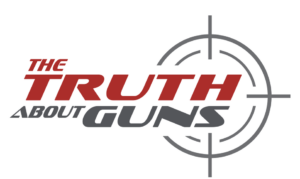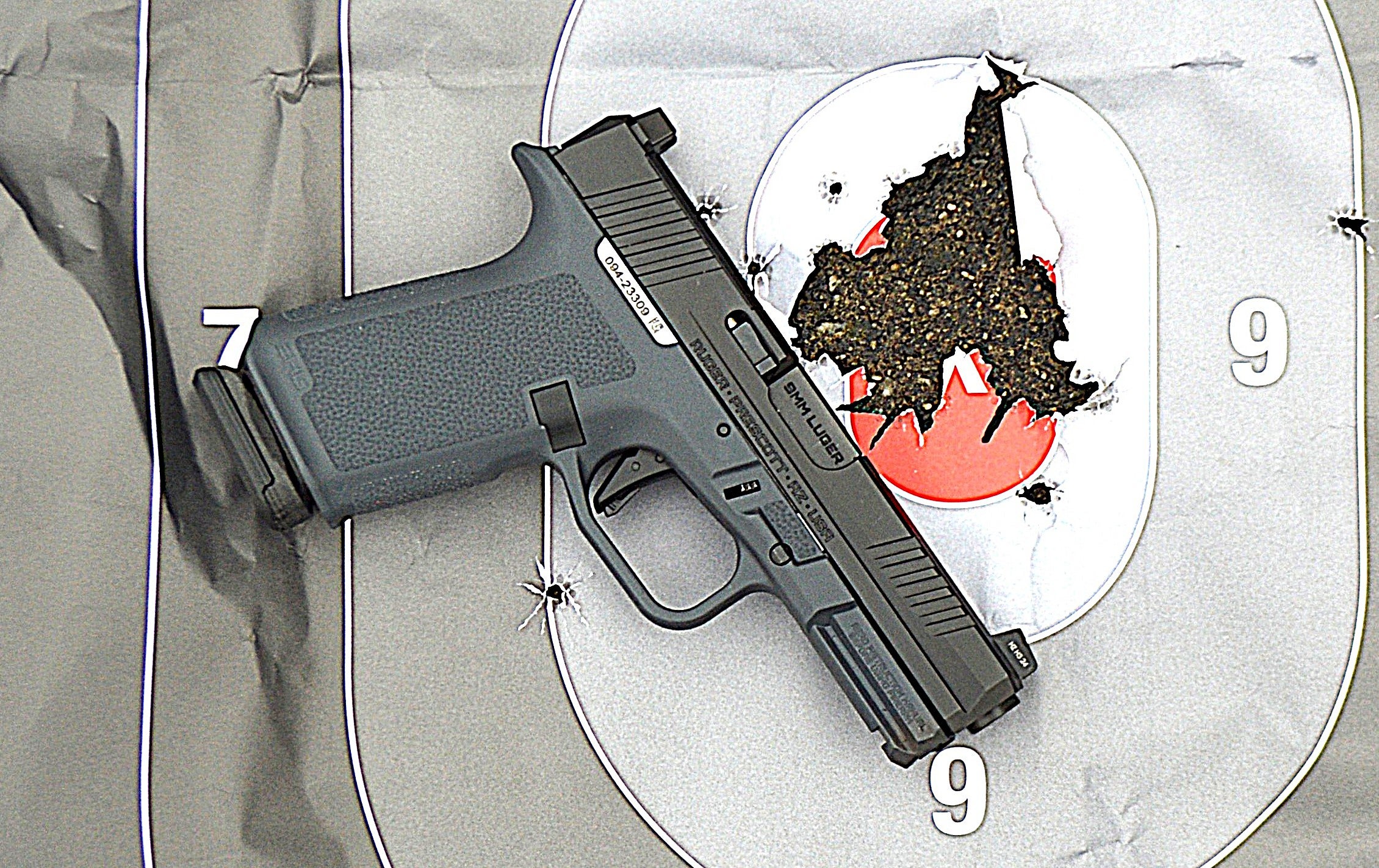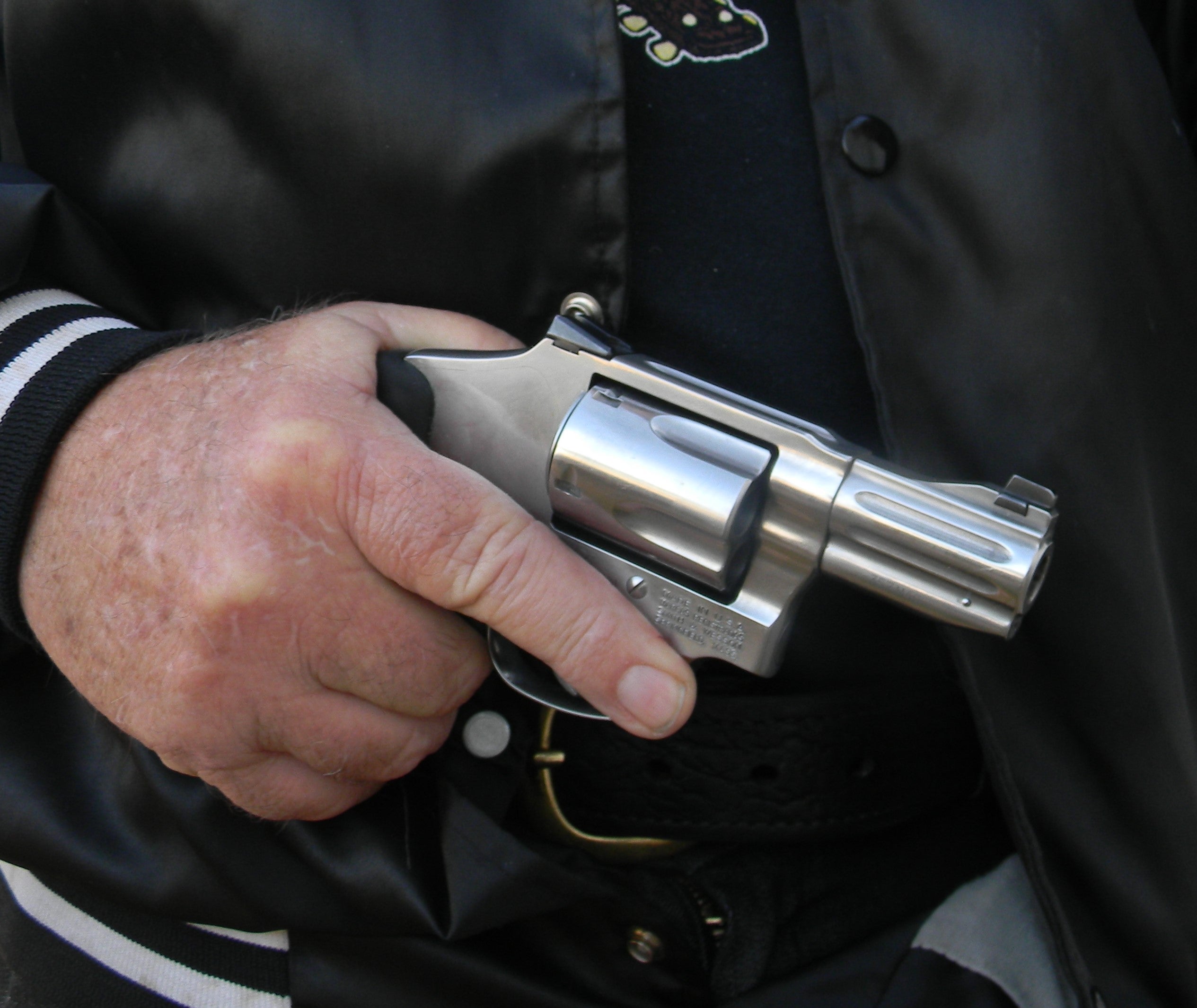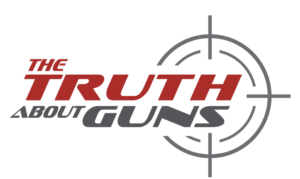PICTURE THE SCENE: You’re about four minutes into your worst waking nightmare. You had to pull your gun and use it; that’s the bad news. The good news is, you’re still alive. You know that because you can still smell the gun smoke and feel your heart pounding with adrenaline. The would-be offender is dead, or at least isn’t moving. It was him or you, no doubt about that. And because you’re confident you’re justified in your actions, it’s time to fulfill your obligation as a responsible and law-abiding person and notify the police.
But not so fast. You may have protected yourself against a deadly threat, but now it’s time to protect yourself against potential recrimination. Everything will be scrutinized by police, prosecutors and maybe a jury, starting with the call you’re about to make. For you, and almost every other defensive shooter, 911 is the first point of contact with the justice system. What you say matters. Get this one wrong, and your 911 call could play out on broadcast news , turn your community against you and feature prominently for some enterprising prosecutor who might have crowed in the last election that getting guns off the street is a priority, but doesn’t distinguish between criminals and law-abiding gun owners.
You can’t panic. It’s just the rest of your life that could change based on the words you pick…at exactly the time when your nervous system is still trying to claw itself back down to normal from almost dying.
Don’t blow it.
HISTORY
The use of a three-digit emergency number got its start in the United Kingdom with the advent of the 999 call system. Under the Johnson Administration, the Federal Communications Commission hatched a plan for the 911 call system with AT&T in the late 1960s. Soon after, states began building their own networks. While only half of residents in the United States had access to 911 by the end of the Reagan Administration, most of the U.S. is served by some form of the system today.
And yes, despite what you may read on the windows of pickup truck cabs or at gun-friendly thrift shops, most people do call 911. (Those stickers can potentially create trouble for you by the way in the event of a defensive shooting, but that’s another story for later.) According to the National Emergency Number Association (NENA) there are more than 3,000 911 call centers in the United States, fielding some 240 million emergency calls each year.
If your scene is safe and the threat is contained, it’s time to make an important call.
911 Fact: When Does the Recording Begin?
Everything you say on the 911 call will be recorded and submitted as evidence. To the surprise of many, though, that recording begins the second you push that last 1. Before the operator even picks up the call, the recording has begun. It’s important to know this because you may be having a private conversation with someone about the event and potentially say something that can be caught in a recording and be used against you in court.
WHAT SHOULD YOU SAY?
First, let’s establish that 911 should be your first call.
“Not only is it likely that you or someone else needs medical attention, but the sequence here matters,” says Colorado attorney Doug Richards. “If this goes to trial, your phone will likely be searched. If you called anyone else first, or delayed calling without a good reason, it won’t look good.” He notes that most of the calls his office receives are about altercations in public between at least two parties.

“You probably won’t be the first one to call 911, but if your neighbor, a bystander or even the perpetrator calls 911, you should call them too, and be the first one, if possible,” Richards, who is an Independent Program Attorney for U.S. LawShield says.
Next, you should know that 911 starts recording as soon as you dial, even before dispatch picks up.
“That means what you say can come back to bite you, even if no one is on the line,” says James Phillips, a Florida-based U.S. LawShield Independent Program Attorney. If (like one defendant) you’re heard profanely saying to yourself while waiting for the 911 operator to pick up the person shot “deserved to die,” it won’t play well in court.
Since even a justified shooting is likely to leave you frantic and agitated, one defense attorney with U.S. Law Shield I spoke with advises you to keep things simple and to the point, using the acronym: NASH’D. This stands for:
NAME,
ADDRESS,
SHORT TRUTHFUL STATEMENT of what happened,
ask for HELP,
and DISCONNECT.
There are other mnemonic devices with acronyms that can help you remember the precise points to share on 911 and to go no further, but this is one of the easiest to remember. The basic rules of what to say and how much or little follow:
YOUR NAME because there’s no reason to conceal your identity, and it will help police properly identify you once they arrive.
THE ADDRESS of your house, or the cross streets closest to the incident— will help authorities arrive as quickly as possible. There’s an old joke about the driver who hit a pedestrian and calls 911. “Where are you located?” the dispatcher asks. “Eucalyptus Street,” the man replies. “Can you spell that?” the dispatcher asks. “How about I just drag him over to Oak Street?” the driver offers. (Of course, you’d never tamper with physical evidence, but the lesson stands: Have an address ready for dispatch if at all possible.)
THE STATEMENT AND ASKING FOR HELP It may be tempting to describe yourself so police will know who you are, but knowledgable self-defense attorneys point out that 99 percent of the time, the descriptions police get while en route to a crime are of the suspect.
“You may not want police arriving with an image of you in their minds,” says Richard Hayes, a program attorney in Texas.
The statement should be very short and focused on what happened, something like, “A crime has taken place,” or, “A person was attacked,” or, “Shots have been fired.” Avoid reporting your own actions (e.g., “I just killed somebody”) and avoid expressions of guilt, remorse or fear of consequences that prosecutors could later use as the evidence of a guilty conscience.
“Even the tone of your voice may betray emotion,” says Phillips. “It may be justified by circumstances, but it will still look bad, or at least require work to overcome.”
Likewise, it’s best to avoid disparaging the perpetrator—such as one 911 caller who, when asked about the shot intruder, exclaimed “I don’t know if he’s alive or not, I don’t care!” In the courtroom calculus of a hostile prosecutor, that could look like callous disregard for life.
You may want to avoid canned expressions like, “I feared for my life.” This is a common instruction in self-defense classes, but attorneys say at this point such phrases sound rehearsed, like that South Park episode where poachers shout, “He’s coming right for us!” to justify killing endangered animals.
Ask 911 to send two ambulances if someone has indeed been shot or hurt–one for the person who attacked you and now lies wounded and one for you–you’ve just been what is likely the most traumatic event in your life. Cardiac issues and other health issues are not uncommon at such moments.
DISCONNECT Then, politely inform dispatch you’re going to hang up now, and disconnect.
“It may feel counterintuitive,” Hayes acknowledges. “But if the threat is contained, your next goal is staying out of court, and the longer you’re on the line, the higher the risk you’ll say something you shouldn’t.”

Dispatch will call you back repeatedly; they’re trained to get as much information as they can.
But you aren’t required to give it, or to keep a recorded line open for authorities to collect evidence. You’ll be frantic enough as it is, and even something as simple as excited breathing can make you look psychotic to jurors listening from the tranquility of the jury box. So, you aren’t going to answer.
Besides, you’ve got another call to make.
LAWYERING UP
Your next call should be to your attorney. If you’re a gun owner, given the heightened responsibility and possibility of using a gun to defend yourself, you should have one already in mind. For members of services such as U.S. LawShield, this next move is made easy. The number located on the back of your U.S. LawShield membership card gives you direct, 24/7 emergency access to an attorney, and now is the time to use it.
When the attorney answers, be calm, alone and honest. Be calm, because the lawyer wants to help, and needs you to communicate clearly. (Start with the basics: your name, location and a good emergency contact.)
Be alone because attorney-client privilege might not apply if the whole neighborhood is listening in. If you can do so safely and authorities permit, go somewhere private to speak with your attorney.

Be honest because conversations with your lawyer are legally protected, so you should give them as much information as they ask for, good or bad.
With all the stress, it’s tempting to regurgitate everything that’s happened, but that can be difficult to follow and wastes precious time. The attorneys are likely to ask you if police are there yet, and if you have privacy. Listen carefully to the attorney’s instructions, and respond directly to their questions, because each one is calculated to extract specific information to provide the best advice possible.
TOMORROW: What To Do When Police Arrive
Article courtesy of U.S. LawShield (Disclosure: U.S. LawShield is a sister company of TTAG.)






